Recommended Reading
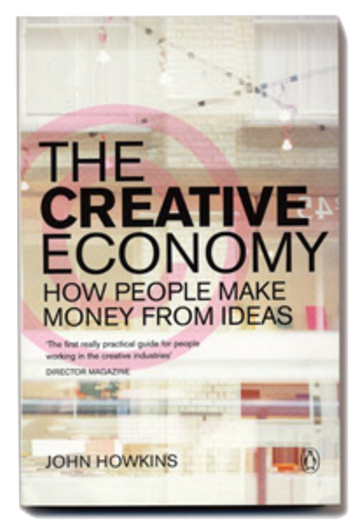
The Creative Economy: How People Make Money From Ideas by John Howkins
This book presents an overview of the creative economy and shows how creativity happens when an individual is trying to solve problems. He proposed Three Fundamentals: Everyone is born creative, creativity needs freedom, and freedom needs markets.
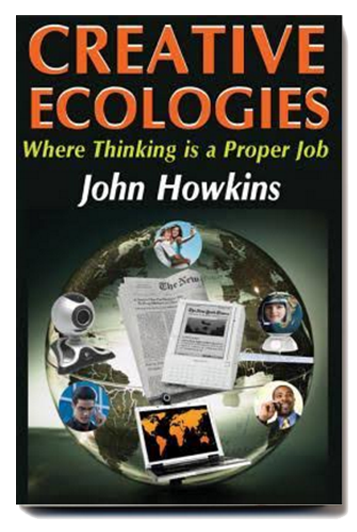
Creative Ecologies; Where Thinking Is a Proper Job by John Howkins
I found it most interesting in setting the stage for the increasing role that information has been playing in industrial economies since the 1800s and its rising dominance in the last 30-40 years. He sets out an understanding of “the creative” as contrasted to “the repetitive.” Creativity is diverse, unstable, fluid, complex, collaborative…. Repetition is unified, rigid, controlled, linear, and competitive. Etc, etc.
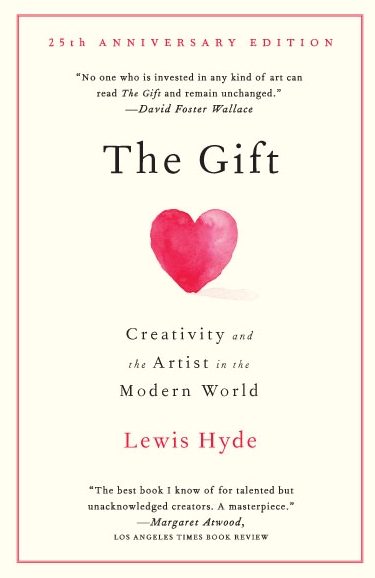
The Gift; Creativity and the Artists in the Modern World by Lewis Hyde.
This book is winding and somewhat convoluted but it did introduce to me the concept/contrast of a Gift Economy AND a Market Economy. Art, Culture and Creativity, to me, depend upon this gift economy. “Those who are sojourners to their gifts, not “owners…” even the creations—especially their creations— do not belong to them.”
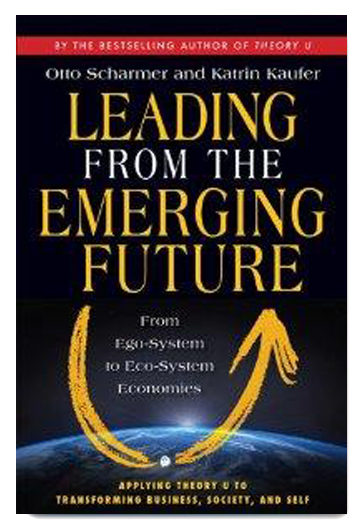
Leading from the Emerging Future: From Ego-System To Eco-System Economies by Otto Scharmer and Katrin Kaufer.
The authors argue that responding from this emerging future requires us to shift the inner place from which we operate. It requires us to suspend our judgements, redirect our attention, let go of the past, lean into the future that wants to emerge through us, and let it come.
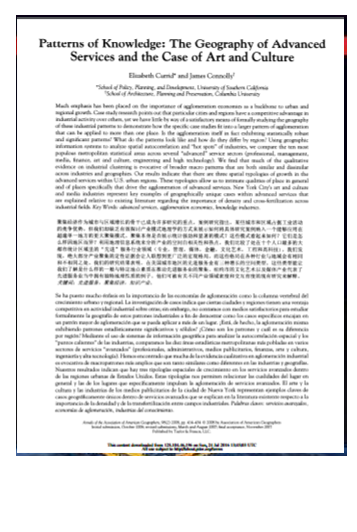
Patterns of Knowledge AND Urban Implications Research Articles by Elizabeth Currid
In these two very dense research article, Currid considers what makes art and cultural environments productive and thriving in the post-industrial era. She conducted numerous in-depth interviews and applied geographic information system data across several “advanced” service sectors (professional, management, media, finance, art and culture, engineering and high technology).
